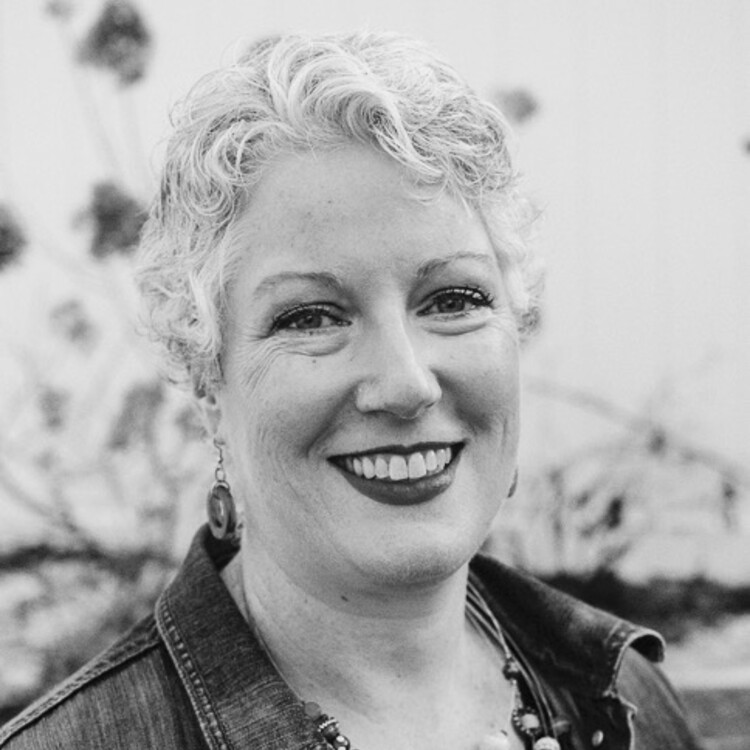The Portfolio Career
A few weeks ago I was talking to three members of the Boston theatre community about having a sector-wide conversation on best practices for stage combat. We moved onto how many shows they were each choreographing right now, the time crunch of getting it all done, and how each of these actors/coaches were staffing more than one production at a time in order to pull in a living wage.
I told them that this is the story of our theatre community—the portfolio career. When I talk to my students (I also teach arts management at Emerson College) I try to prepare them for the challenge of making choices, the need to layer on a lot of work, the trick of creating balance while pursuing your career, the appeal, and necessity, of doing work that feeds your artist’s soul, and realizing that theatre work alone may not pay the bills. Sometimes you do work for the money. And there is no shame in that.
“I wish someone had told me that when I was in college. I always feel like a failure when I can’t support myself as an artist,” recently noted a local actor—five years out of school and still trying to figure it out.
This feeling is not uncommon. The ongoing reality of making a life in theatre takes people down many different paths. Success in our field is never a straight line, and maintaining that life can be exhausting. That is why building your community is so very important.
StageSource was founded in 1985 as a service organization for the Boston and New England theatre community. Like our community itself, the organization has morphed over the years, expanding to our current numbers of over 220 theatre companies and related organizations and over 1800 individual theatre makers throughout the region. Since becoming the executive director eighteen months ago, I have been grappling with ideas, issues, and assumptions about our community and the challenges of how best to support our members.
The ongoing reality of making a life in theatre takes people down many different paths. Success in our field is never a straight line, and maintaining that life can be exhausting. That is why building your community is so very important.
In the Boston and Cambridge areas, we have two LORT theatres both affiliated with schools. We have several mid-sized companies, a few small ones, and a flourishing fringe. We also have a commercial presenting organization, two long-running commercial shows, and a strong community theatre network. But while some artists make a living in one capacity, most are double or triple threats. For example, the house manager of one of the LORTs is also the Artistic Director of a fringe company. The box office person in x theatre is a dramaturg for y small company. This company’s scenic designer is also a member of that ensemble theatre. This playwright teaches at this college, that director teaches there, and that actor is on this faculty.
As an arts service organization, how does StageSource support our members, while challenging our community? We have some ideas:
We Encourage Conversations about the Pursuit of Excellence
StageSource is working on a podcast series called “Live from the Library,” conversations with members of the community about career arcs, about craft, about best practices.
We Tackle the Challenges of Diversity, Inclusion, and Gender Parity in Our Community
Boston has a terrible reputation for racism. Rather than getting stuck in our past, how can we create paths forward in these three areas to change our present? We have created a task force to start these conversations this fall. Our goals are to develop bold action steps for the community, and to risk failure. People on the task force are self-selected and are representing themselves as individuals.
We Investigate Ways to Better Support New Work We have a large number of playwrights and a number of organizations dedicated to supporting new work. Every May we celebrate the Boston Theater Marathon, ten hours of ten-minute plays, produced by fifty companies throughout the region. Playwrights’ Commons provides support to the community, and free creative artists retreats. The arrival of the Theater Commons is an opportunity to engage on a national level in a conversation we have been having regionally for a while.
We Create New Models for Doing Our Work Within our sector, there are organizations (like the Small Theatre Alliance of Boston, EMACT) and groupings (like the Equity NEAT contract) that self-select horizontal conversations. StageSource supports those, but we need to have more vertical, sector-wide conversations that acknowledge the nature of the portfolio career. One example: we have a group called TAMA, the Theatre Arts Marketing Alliance, that meets three times a year; marketing staff from across the sector participate. How can we support more significant opportunities for collaboration?
I have been a member of the Boston theatre community for close to thirty years. I have seen our sector grow, and flourish. We have moved from the shadow of other cities into our own light. Our next challenge is how to lead the conversations for ourselves to create a stronger sense of what it means to be a theatre maker, right here. Let’s acknowledge that the path of a life in theatre, however an individual defines that, requires finesse, imagination, fortitude, and constant reinvention. But therein lies the joy.




Comments
The article is just the start of the conversation—we want to know what you think about this subject, too! HowlRound is a space for knowledge-sharing, and we welcome spirited, thoughtful, and on-topic dialogue. Find our full comments policy here